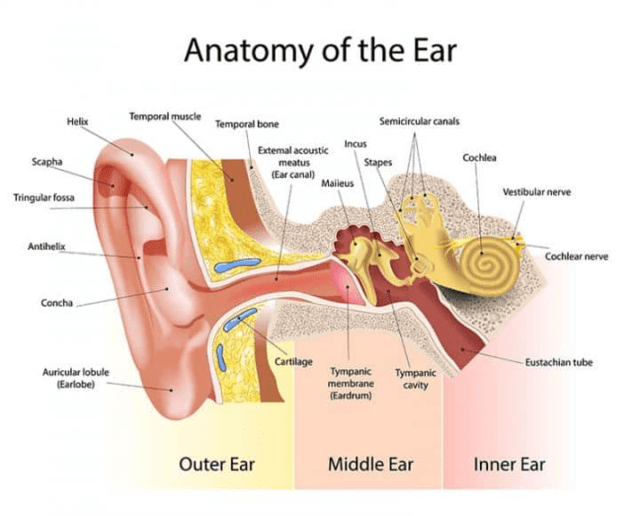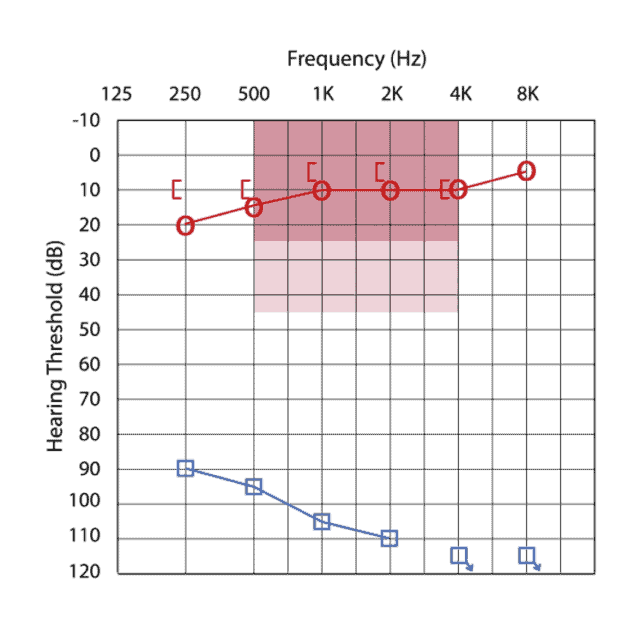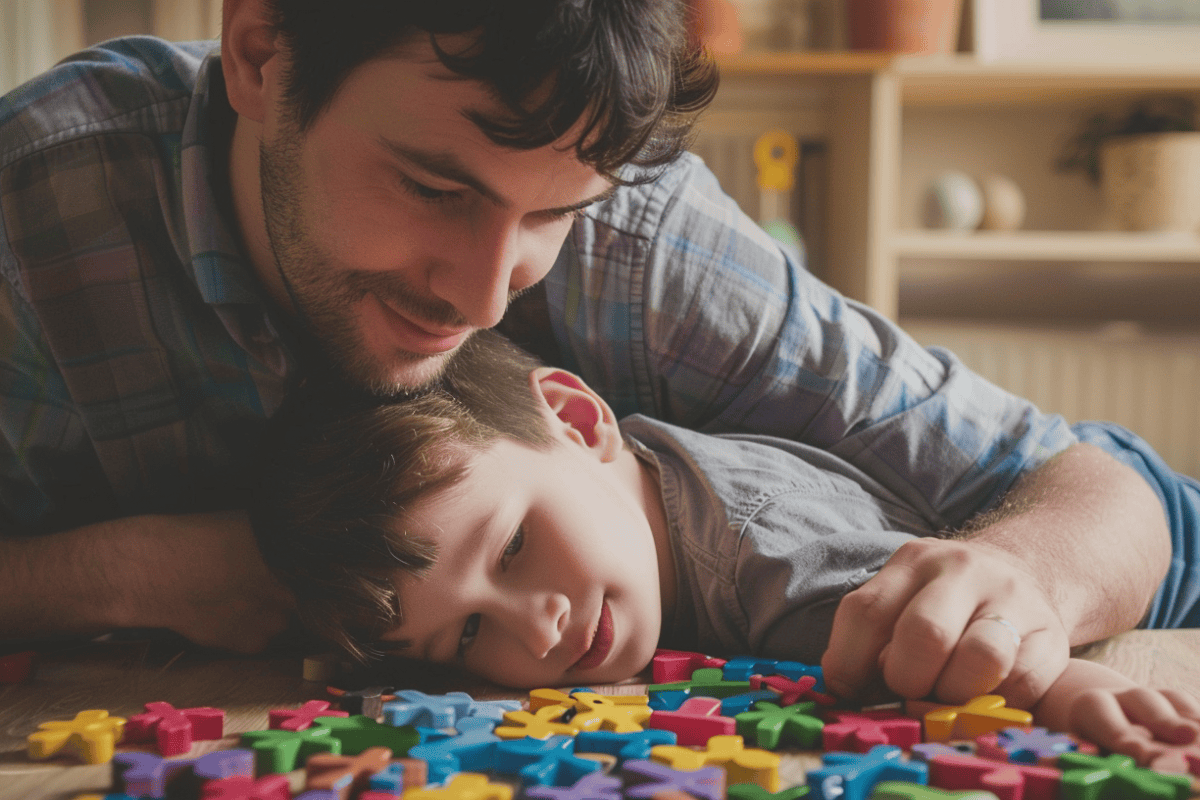Have you ever thought about the idea that we are not only using our ears to hear, but our ears are also related to balance? In other words, your ears and hearing loss can be the cause of your falling.
Anatomy of the ear
Let us first understand this idea from an anatomy perspective. From the exterior, there first is the outer ear, then the middle ear, and then the inner ear. From the image below we can see that the inner ear includes the Cochlea, Semicircular Canals, Cochlear Nerve, and Vestibular Nerve.
The Cochlea is a hearing organ, and all acoustic signals will travel up to the brain to get processed via the Cochlear Nerve. The Semicircular Canals are part of the Vestibular system, or the human balance system, and information from the Semicircular Canals will be sent up to the brain via the Vestibular Nerve.
Ultimately, both the Vestibular Nerve and the Cochlear Nerve will merge, and they will become the same nerve. Hence, one of the 12 cranial nerves, cranial nerve eight is called the Vestibulocochlear Nerve, the combination of both the vestibular nerve and cochlear nerve.
By explaining the human anatomy, don’t you think now you have a better understanding of why our ears can be one of the causes of falling?

Since our ears can be the cause of falling, any ear issues, which include hearing loss, can also result in balance issues, dizziness and fall incidents. This is especially true if hearing loss is untreated, and if there is a significant difference in hearing sensitivity between the ears.
A significant difference in hearing sensitivity between the ears:
Since ultimately the hearing nerve and the balance nerve become the same nerve, even if one does not have any damage to any parts of the balance system. Due to a huge uneven acoustic signals input from both ears it can cause a sense of confusion, imbalance, and therefore leads to falling incidents.

Untreated hearing loss
A study that was conducted by the Washington University School of Medicine in St. Louis, discovered people who have untreated hearing loss often are also less stable on their feet, and therefore increase in fall incidents. During the study, researchers compared the equilibrium of individuals who wear hearing aids with individuals who do not wear hearing aids via standard balance testing, and test results show older people who use hearing aids better react to balance changes, thus reducing their risk of falling.
These participants use acoustic signals as an additional layer of information to have a fuller understanding or a better awareness of their surroundings and environment. With the help of the hearing aids, one would also be less likely to be surprised by something or someone else that’s around them.
Humans also rely on visual information to give us a sense of balance; however, compared to the human auditory system, we will always hear a sound before we can see the objects that produce the sound. Additionally, we can hear sounds coming from all directions and in the distance; however, our field of vision is much more limited.
With these factors, our sense of hearing is crucial for us to understand our environment, and with a better understanding of the environment we can then have better controls over our balance.
This is a sponsored post
Digital Health Buzz!
Digital Health Buzz! aims to be the destination of choice when it comes to what’s happening in the digital health world. We are not about news and views, but informative articles and thoughts to apply in your business.


